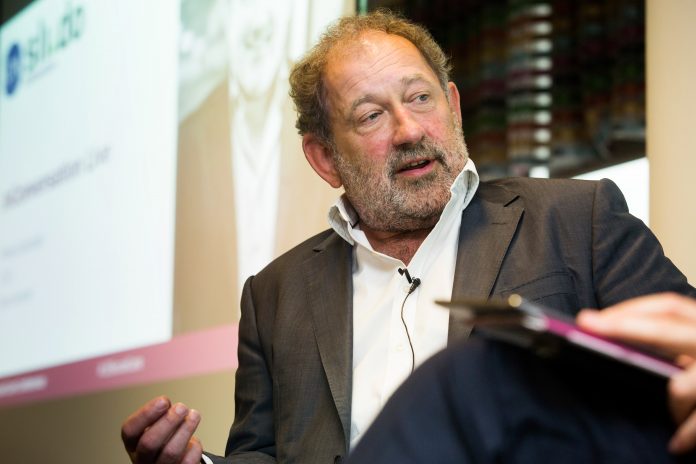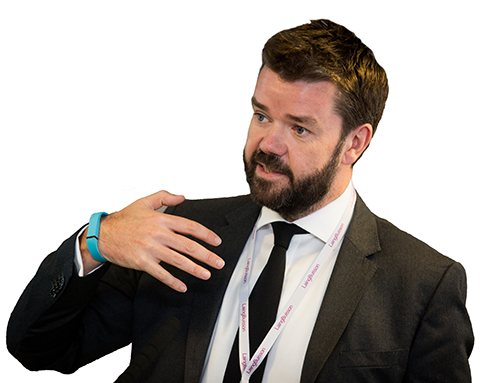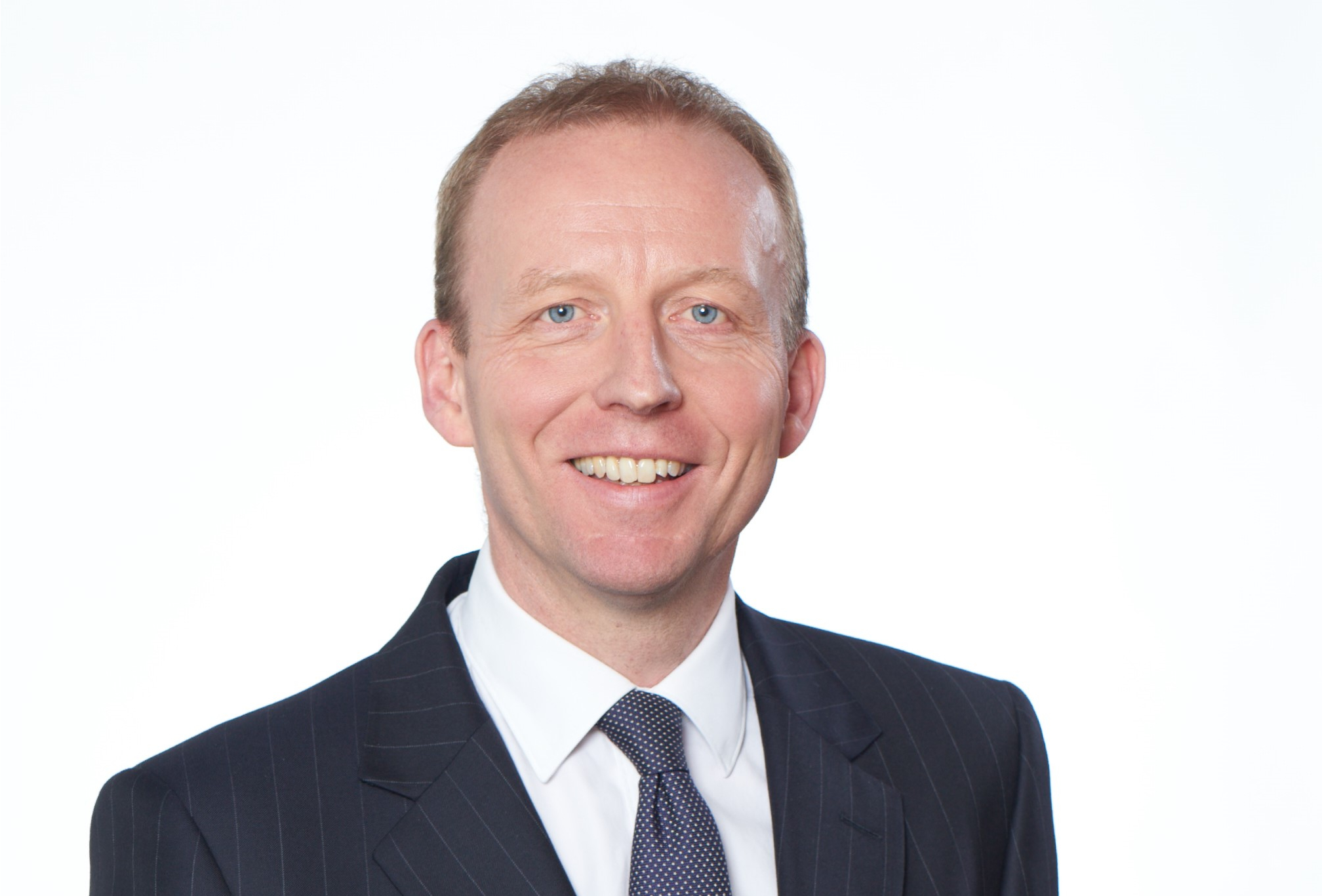Recruiting staff into the sector has not been made easier by the government’s new health and social care levy in what has been described as a ‘huge missed opportunity’ and ‘shambles’ by the chief executive of Barchester Healthcare.
The provider, which employs more than 17,000 people, will see its payroll rise by between £5-6m due to the 1.25% increase in national insurance contributions, which the government announced earlier this week. It will raise £36bn over the next three years, but only £5.4bn will be provided for adult social care during the period.
‘It’s funding the NHS and nothing to do with social care,’ Pete Calveley told LaingBuisson’s Social care – a changing landscape for risk webinar today (Thursday 9 September).
‘It’s just a shambles, the whole announcement that they were fixing social care,’ he told attendees. ‘All they are doing is putting the vast majority of money in the NHS. It’s just the opposite to fixing social care. I just think is has been a huge missed opportunity and has clearly been driven by NHS demand not social care.’
He said the rise would not help recruitment in the sector, which was the biggest challenge for care providers, with agencies ‘the first time ever’ also not having staff to cover shifts.

Fellow panellist Mei-Ling Huang, partner at Royds Withy King, said pressure was growing on care home managers who were ‘stretched’.
‘Pressure is rising all the time on managers, and we are losing managers,’ she said. ‘If you haven’t got a manager then the whole show falls apart because they are the ones spinning all the plates and keeping the place going.’
While care staff were ‘tired’ and there was a ‘degree of burn out’, according to Calveley, there had been ‘significant improvement’ over the past few months as the business looked ahead rather than focus totally on Covid-19.
Pre-pandemic, Barchester would receive 900 enquires a week from families about placing relatives into a care home but this ‘dropped dramatically’ to 250 in April last year. However, enquiries are back to pre-pandemic levels, with occupancy also recovering. It had dropped from around 90% to 81% at the height of the pandemic but is back to nearly 86%.
On Thursday, the government said it would be launching a six-week consultation on whether to implement compulsory Covid-19 and flu vaccinations for staff in all frontline health and care settings.
Barchester Healthcare made Covid-19 vaccinations mandatory for its frontline care home staff in May before the government did in July. The provider lost about 1% of staff through resignations or dismissal but replaced them in May and June.
While recruitment into the care sector was being impacted by the opening of hospitality and retail, Calveley said it had also been hit by the government deciding to mandate Covid-19 vaccination in care homes and not in the NHS, as yet. This led to nurses in Barchester leaving the provider to go and work in the health service.
‘The side effect of not being firm and not being decisive and doing the logical thing of making NHS staff mandatory vaccinated has been a drain on staff from the care sector to the NHS, which has made things worse obviously,’ he said.
Webinar chair Stephen Dorrell said: ‘Imposing a legal obligation on part of the health and care sector and not on another part of the same sector seems…to be nonsensical.’








 ©2024 All rights reserved LaingBuisson
©2024 All rights reserved LaingBuisson 


